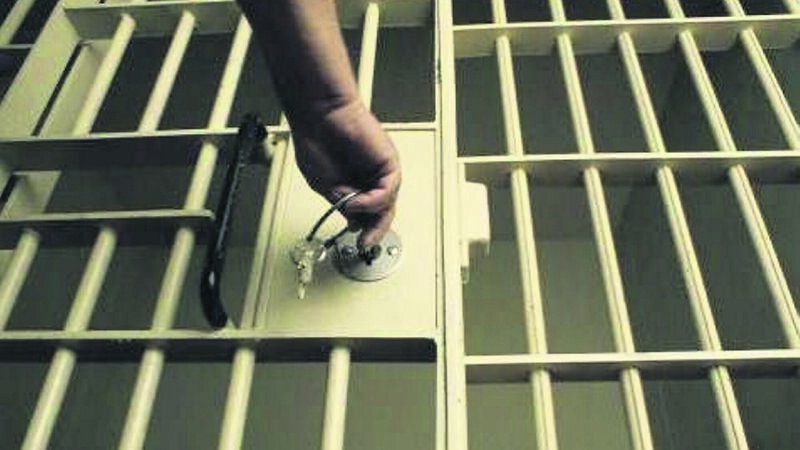Transgender women in Limerick jail locked in cells for up to 23 hours

One of the inmates describing her isolation as 'mental torture', with the other saying it was 'worse than hell'.
Two transgender women in Limerick Prison are locked in their cells for up to 23 hours a day, with one of the inmates describing her isolation as “mental torture” and the other saying it was “worse than hell”.
Their plight is highlighted in a report by the Inspector of Prisons, who said the two prisoners live an “extremely isolated existence”.










